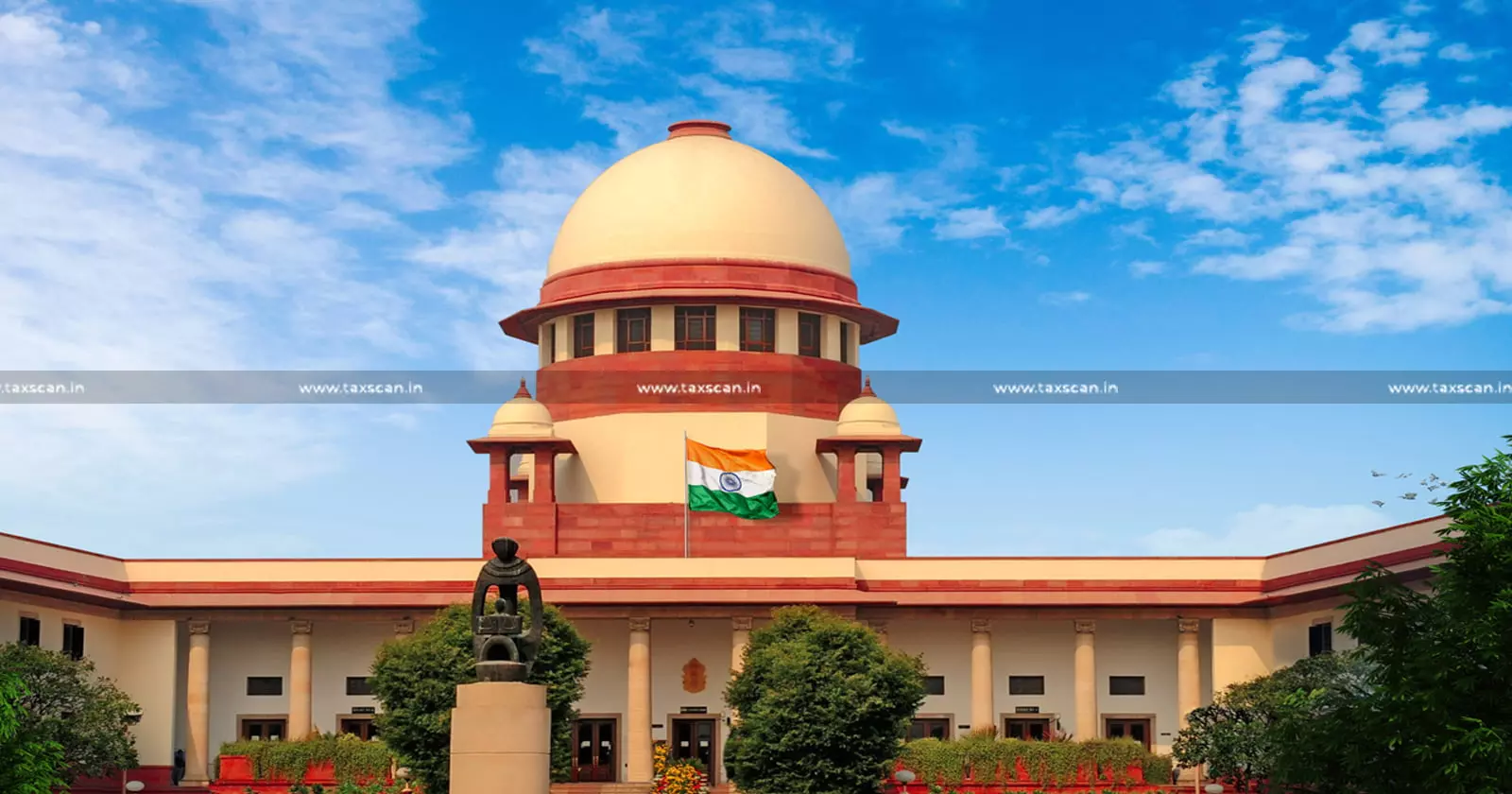Supreme Court reinstates Three-Year Experience Requirement for Civil Judge Aspirants, overhauls Judicial Promotion Quotas
The Court observed that the experiment of recruiting "raw graduates" had "not proved to be a successful

In a recent judgment delivered on May 20, 2025, the Supreme Court of India restored the requirement of three years’ actual legal practice for candidates appearing in the Civil Judge (Junior Division) examinations. Overruling earlier precedents that allowed fresh law graduates to sit for the exams, the Court emphasized that practical courtroom experience is essential for aspiring judges.
The bench, comprising Chief Justice B.R. Gavai and Justices Augustine George Masih and K. Vinod Chandran, overturned a two-decade-old policy that allowed fresh law graduates to enter judicial service without any prior experience at the bar. The Court observed that the experiment of recruiting "raw graduates" had "not proved to be a successful experiment."
Drawing from affidavits filed by various High Courts, the Supreme Court noted that many judges appointed without bar experience faced difficulties in court management, lacked procedural knowledge, and sometimes exhibited "behavioural and temperament problems." The judgment emphasized that first-hand experience in the workings of the court system is an invaluable asset for a judge, who from day one must decide on matters of "life, liberty, property and reputation of the litigants."
Major Overhaul in Judicial Promotions
The judgment also introduced significant changes to the promotion structure within the judicial services, aimed at incentivizing merit and providing opportunities for accelerated career growth.
Key directives include:
● Increased Quota for Departmental Exams: The quota for promotion to the Higher Judicial Service (District Judge cadre) through the Limited Departmental Competitive Examination (LDCE) has been more than doubled, from 10% back to its original 25%. This move is intended to provide a greater incentive for meritorious Civil Judges (Senior Division) to seek faster promotions.
● Reduced Experience for LDCE: To ensure a sufficient pool of candidates for this competitive exam, the qualifying service for a Civil Judge (Senior Division) to appear for the LDCE has been reduced from five years to three years. However, a total of seven years of judicial service is still required.
● New Merit-Based Channel for Junior Judges: For the first time, a 10% reservation has been created for promoting Civil Judges (Junior Division) to the Senior Division based on a competitive examination, requiring a minimum of three years of service.
● Standardized Suitability Test: The Court mandated a uniform and objective "suitability test" for the regular promotion of Civil Judges (Senior Division) to the District Judge cadre. This test will assess legal knowledge, quality of judgments, disposal rates, and communication skills, among other factors.
These sweeping reforms address several issues that have plagued the subordinate judiciary, including stagnation, lack of incentives for meritorious officers, and difficulties in filling vacancies through departmental exams. By restoring the experience requirement for entry-level judges and creating clear pathways for merit-based promotion, the Supreme Court aims to fortify the foundation of the Indian judicial system.
Complete Referencer of GSTR-1, GSTR-1A, GSTR-3B, GSTR-9 & GSTR-9C click here
In a recent judgment delivered on May 20, 2025, the Supreme Court of India restored the requirement of three years’ actual legal practice for candidates appearing in the Civil Judge (Junior Division) examinations. Overruling earlier precedents that allowed fresh law graduates to sit for the exams, the Court emphasized that practical courtroom experience is essential for aspiring judges. The bench, comprising Chief Justice B.R. Gavai and Justices Augustine George Masih and K. Vinod Chandran, overturned a two-decade-old policy that allowed fresh law graduates to enter judicial service without any prior experience at the bar. The Court observed that the experiment of recruiting "raw graduates" had "not proved to be a successful experiment." Drawing from affidavits filed by various High Courts, the Supreme Court noted that many judges appointed without bar experience faced difficulties in court management, lacked procedural knowledge, and sometimes exhibited "behavioural and temperament problems." The judgment emphasized that first-hand experience in the workings of the court system is an invaluable asset for a judge, who from day one must decide on matters of "life, liberty, property and reputation of the litigants." Major Overhaul in Judicial Promotions
The judgment also introduced significant changes to the promotion structure within the judicial services, aimed at incentivizing merit and providing opportunities for accelerated career growth.
Key directives include:
- Increased Quota for Departmental Exams: The quota for promotion to the Higher Judicial Service (District Judge cadre) through the Limited Departmental Competitive Examination (LDCE) has been more than doubled, from 10% back to its original 25%. This move is intended to provide a greater incentive for meritorious Civil Judges (Senior Division) to seek faster promotions.
- Reduced Experience for LDCE: To ensure a sufficient pool of candidates for this competitive exam, the qualifying service for a Civil Judge (Senior Division) to appear for the LDCE has been reduced from five years to three years. However, a total of seven years of judicial service is still required.
- New Merit-Based Channel for Junior Judges: For the first time, a 10% reservation has been created for promoting Civil Judges (Junior Division) to the Senior Division based on a competitive examination, requiring a minimum of three years of service.
- Standardized Suitability Test: The Court mandated a uniform and objective "suitability test" for the regular promotion of Civil Judges (Senior Division) to the District Judge cadre. This test will assess legal knowledge, quality of judgments, disposal rates, and communication skills, among other factors.
These sweeping reforms address several issues that have plagued the subordinate judiciary, including stagnation, lack of incentives for meritorious officers, and difficulties in filling vacancies through departmental exams. By restoring the experience requirement for entry-level judges and creating clear pathways for merit-based promotion, the Supreme Court aims to fortify the foundation of the Indian judicial system
Support our journalism by subscribing to Taxscan premium. Follow us on Telegram for quick updates


